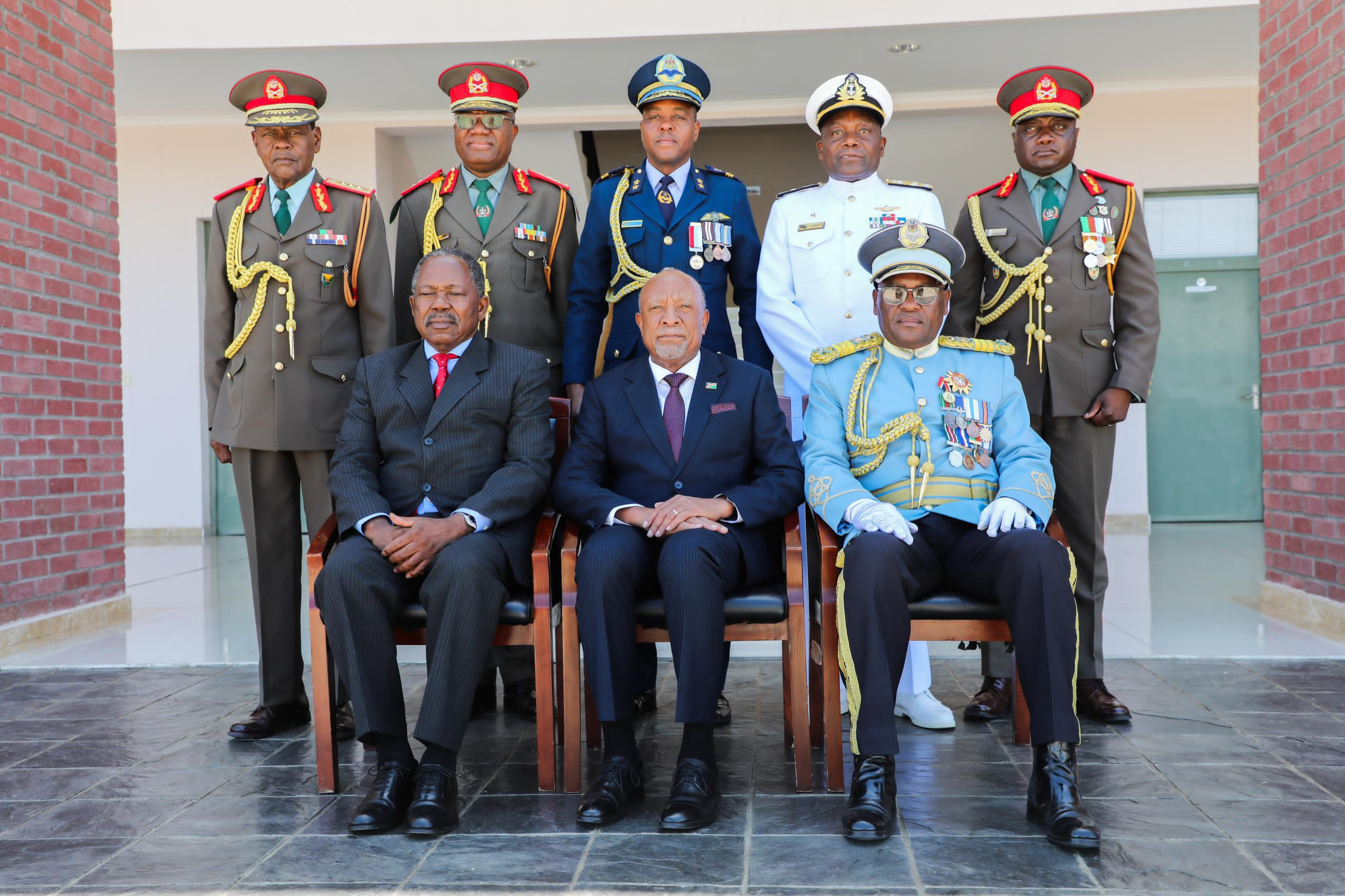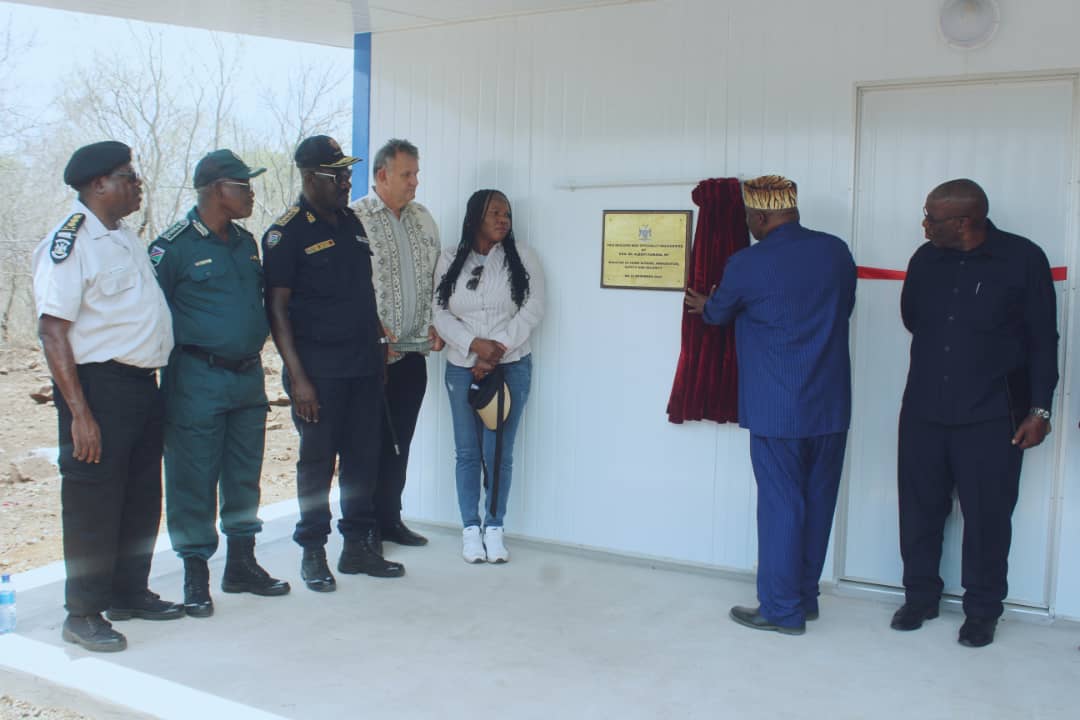Government watchdogs are organisations, bodies or individuals that monitor the activities of government entities to ensure accountability, transparency and adherence to laws and regulations.
Their primary role is to alert the public or take legal action when they identify activities that may go against the public interest.
This monitoring can include scrutinising government spending, investigating potential fraud or corruption and advocating policy changes.
Government watchdogs play a crucial role in monitoring the actions of public officials, public offices, safeguarding citizens’ rights, and promoting ethical conduct within the government.
The Constitution has adopted several mechanisms to safeguard the integrity among government bodies or entities and to protect the rights of all Namibians.
OMBUDSMAN
The Namibian Constitution in Chapter 10 establishes the position of an independent ombudsman to protect the public against violations of fundamental rights and freedoms, among other functions.
The Office of the Ombudsman is one of the most significant institutions in Namibia dedicated to protect citizens’ rights.
Established under article 89 of the Namibian Constitution, the ombudsman is appointed by the president on the recommendation of a body of lawyers and judges called the Judicial Service Commission.
Like a judge, the ombudsman stays in office until he or she retires at age 65, but may be removed from office sooner only if mentally unfit or guilty of serious misconduct.
The ombudsman is an independent official who is answerable only to the Constitution and the laws of Namibia.
Since the ombudsman is independent, there can be no interference with his constitutional obligations, not even by the parliament or the Cabinet.
The Office of the Ombudsman serves as an independent body that investigates complaints against public authorities and officials.
The ombudsman additionally investigates complaints regarding maladministration, abuse of power, or violations of human rights by government entities (including private persons and institutions), as well as allegations of over-utilisation of natural resources or damage to the natural environment.
After investigations, the ombudsman makes recommendations to rectify issues identified during inquiries.
You can make a complaint to the office of the ombudsman by letter, telephone, fax or text message, or you can go to their office in person.
The office also engages in public education campaigns to inform citizens about their rights and how to seek redress.
The ombudsman has a duty to give you feedback on the outcome of your complaint.
The Child Care and Protection Act No. 3 of 2015 (CCPA) provided for the appointment of the children’s advocate as part of the Office of the Ombudsman.
The children’s advocate has powers in terms of the Ombudsman Act 7 of 1990 during the course of an investigation concerning child protection.
Anyone can make a complaint to the children’s advocate, including a child.
The complaint can be about services to children under the CCPA or any other law, or a violation of the rights of children under the Namibian Constitution or any other law.
To minimise conflict, the children’s advocate will try to resolve complaints through negotiation, conciliation, mediation or other non-adversarial approaches where appropriate.
ANTI-CORRUPTION COMMISSION
The Anti-Corruption Commission (ACC) is an independent and impartial agency created by the Namibian Constitution and established by an act of parliament (the Anti-Corruption Act, 2003) to combat corruption in both public and private sectors.
The director and deputy director of the ACC are appointed for five years by the National Assembly, upon nomination by the president, who can extend the appointments.
You can bring a complaint about any corrupt practices to the ACC.
This may include, for example, a complaint about a government official or private sector individual who requested a bribe in exchange for their services.
Another example is the involvement of the ACC in the Fishrot scandal involving high-ranking officials and business figures accused of embezzling funds related to fishing quotas.
The commission will determine whether the matter should be investigated, and whether the investigation should be conducted by the commission itself or by another body.
Reports of corruption can be submitted either via phone, fax, mail, or in person at the commission’s physical buildings.
The identity of anyone who supplies information to the ACC is normally kept confidential.
A person who makes a report in good faith will have no liability even if it turns out that the information is incorrect, but it is a criminal offence to supply false information intentionally.
The commission has a duty to provide you with an update on the matter reported.
CIVIL SOCIETY ORGANISATIONS
In addition to formal government watchdogs, civil society organisations (CSOs) are the ultimate government watchdogs.
CSOs include press and non-governmental organisations. A strong democracy needs a strong civil society to keep the government truly accountable.
CSOs in Namibia play a pivotal role in advocating transparency and accountability to ensure that human rights are not violated.
They engage in advocacy work aimed at influencing policy changes that promote good governance, and also serve as a link between the government and the people because of their participation with communities at grassroots level.
Civil society organisations foster civic engagement by encouraging citizens to participate in political processes through voter education, public forums and community mobilisation efforts.
They also inform the public about their rights and responsibilities.
This engagement is vital to hold government accountable to the tenets of the Namibian Constitution.
The institutions discussed herein have the combined task of promoting a governmental system that is accountable to the Namibian people on the basis of the rights promised by the Namibian Constitution.
– This article was made possible with support from the Hanns Seidel Foundation (HSF). The contents expressed in this publication are those of the authors and do not purport to reflect the views and opinions of the HSF.
Stay informed with The Namibian – your source for credible journalism. Get in-depth reporting and opinions for
only N$85 a month. Invest in journalism, invest in democracy –
Subscribe Now!






